The pursuit of sustainable aquaculture for the future lies at the heart of what we do at NZ King Salmon – in fact, the company’s recently published sustainability commitment aims to fulfil salmon aquaculture’s potential as a positive force for the health of people, nature and the company.
World Children’s Day, 20 November, is a good time to reflect on the positive impact of producing salmon for the sustainable health and well-being of our future generations, and our broader societal and environmental goals relating to sustainability:
Community
NZKS supports a large number of community organisations, from schools to environmental groups, with a particular focus on youth development, environment and education.
Community Sponsorship and Events Coordinator Chelsea Yates says engaging children through education about salmon, nutrition and sustainability is a big part of NZKS community support. This includes a range of activities from providing scholarship programmes and educational resources to promoting salmon as a healthy food source at public events.
“Local partnerships are essential to helping and supporting those in our community to thrive, including our children. For us as a company, it’s beyond just being a good neighbour – it’s about sharing knowledge – such as the health benefits of eating salmon, and the importance of salmon as a sustainable future source of protein, not just here but around the world. Supporting great young talent in our community and our company is also important to us, as aquaculture offers a diversity of career paths right here in the Top of the South to support regional economic growth.”
Environment
NZ King Salmon’s sustainability commitment also encompasses the key environmental considerations for the business – caring for water and using resources responsibly.
NZKS General Manager Marketing Jemma McCowan says educating future generations on the importance of these goals is intended to encourage a strong focus on environmental sustainability within the community is key.
Appropriate use of natural resources, improving water quality, and addressing climate change are major issues for our region and our country going forward, Jemma says.
“We want to champion positive sustainable decisions for our region which also support economic development, and help our kids understand how their decisions as a consumer impact the planet.”
Globally, protein demand is expected to double worldwide in the next few decades. Pressure on our wild fisheries is at a level where, realistically, that protein is going to come from farmed sources, but those sources need to be sustainable too, Jemma says.
“Aquaculture is only one part of a greater food production system that depends on well managed land and water resources. It is important that our future generations are aware of these, and other, environmental challenges and issues relating to their food sources.”
Health
NZKS retail marketing manager Sahra Cliffe says including salmon in a varied diet has many health benefits for children, including brain development thanks to being a good source of omega-3s.
“Salmon is the predominant source of oily fish in New Zealand and, for a healthy diet, at least two servings of oily fish are recommended by nutritionists each week,” she says.
Healthy eating in a sustainable way is important for our future generations. As the population of the world grows, and as our oceans get overfished, sustainably-farmed salmon will play an increasingly important role in feeding the planet.
“The health benefits of salmon are well-known, and it helps that it’s also delicious. Introducing salmon into children’s diets early on will ensure they’re getting lots of those important vitamins, fatty acids and natural antioxidants to help them thrive.”

